Overview of the Incentive Program
The aid scheme explicitly covers solar photovoltaic and battery storage systems. In the case of solar photovoltaic, incentives will go to the manufacturing and assembly of solar modules, while for battery storage systems, incentives are extended for batteries, cells, and battery packs manufacturing. Notably, the scheme excludes batteries used only for electric vehicles.The scheme was proposed earlier this year and remained open for public comments. MITECO proposed that subsequent calls may be broadened out to other value-chain elements. In the forthcoming calls, participation will be open to both the new manufacturing facilities of components and to the existing plants willing to diversify, as well as to the existing plants undergoing reconditioning to obtain new equipment or components not available previously in their assembly lines. However, only those projects that have not been initiated prior to application to the program will be considered eligible.
Funding Information
The maximum funding under this initiative varies depending on the location of the production plant. Generally, projects can get up to € 150 mln or 15 % of their project costs. Projects that can be located in "c" regions can get up to €250 million or 20% funding, while projects in "a" regions can get up to €350 mln or 35%. Besides, small enterprises could get an additional 20%, and medium-sized enterprise can get an additional 10%.Once the regulatory framework becomes effective, it will continue to be in operation up until the end of 2025.
Internal Manufacturing: Strategic Importance
The move by Spain comes amidst similar programs rolled out by other countries looking to reduce dependence on external suppliers of renewable energy manufacture, particularly solar cells and modules. According to the Clean Energy Association, in the first four months of this year, Europe imported 33 GW of solar PV modules from China, accounting for 43% of the country's total exports in this sector.Consequently, an enabling provision that shall take effect on June 29, 2024, provided in the NZIA places the burden on EU member states to determine annual production capacity of net-zero products that should be able to satisfy minimum deployment needs in each of the 27 member countries of 40% no later than 2030.
In addition, the Solar Charter—signed by 23 out of 27 EU member states in April—will give a push to the competitiveness of the European PV manufacturing industry. The charter stipulates that the member states and the organizations of the solar industry declare their intentions to take a set of measures to support the manufacturing of high-quality products able to meet high standards of sustainability and resilience.
This integrated approach underlines Spain's commitment to building up a strong local value chain in the production of renewable energy technologies and contributing to the green transition of the whole EU.




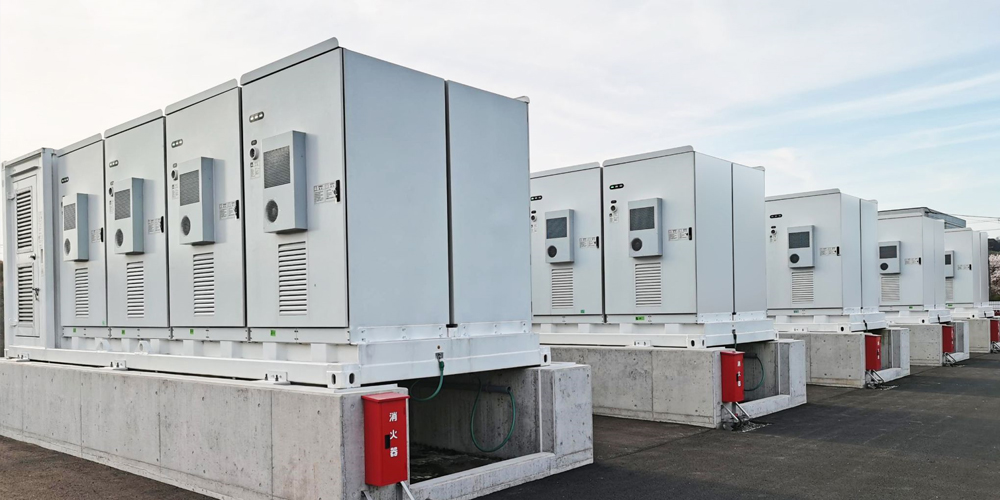

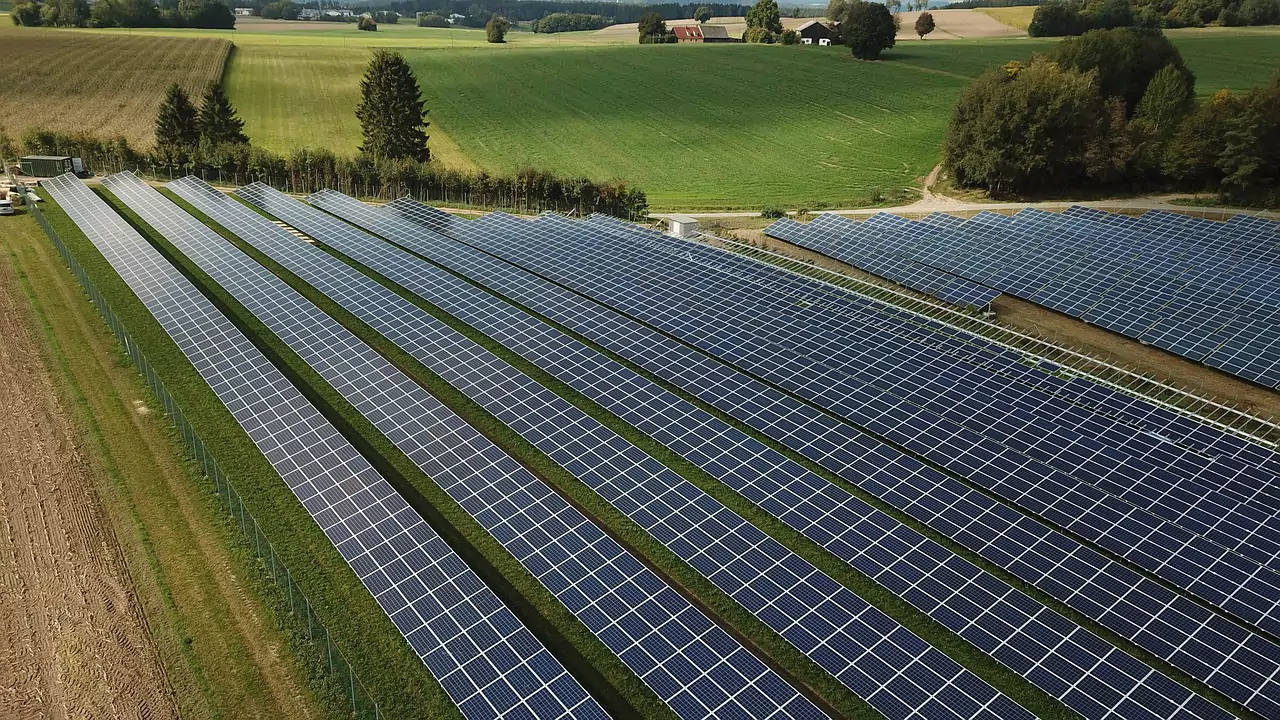
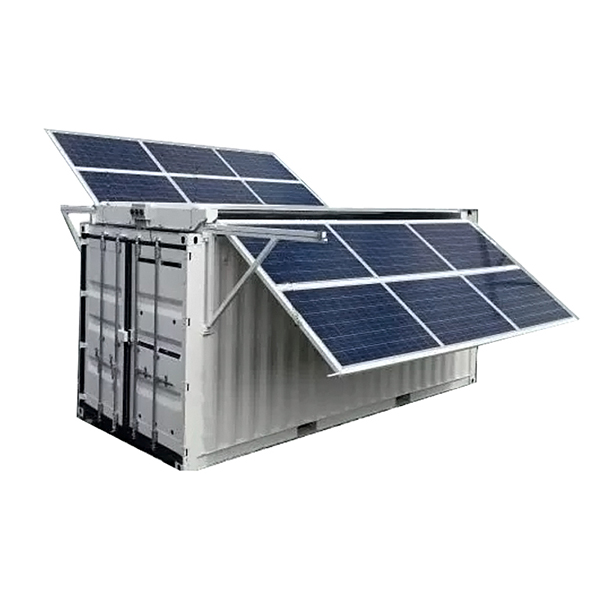
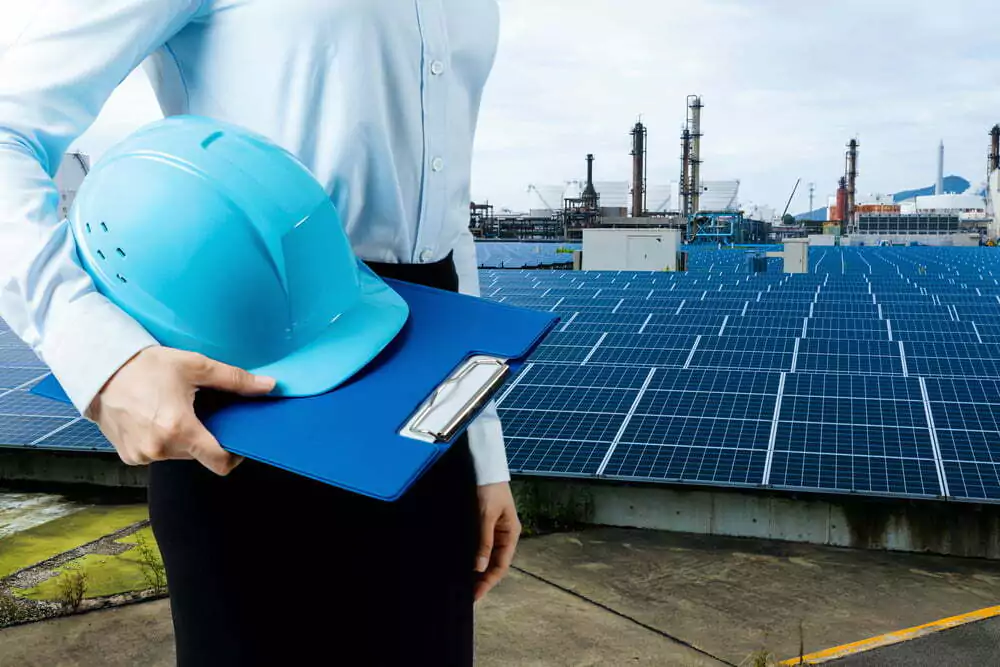
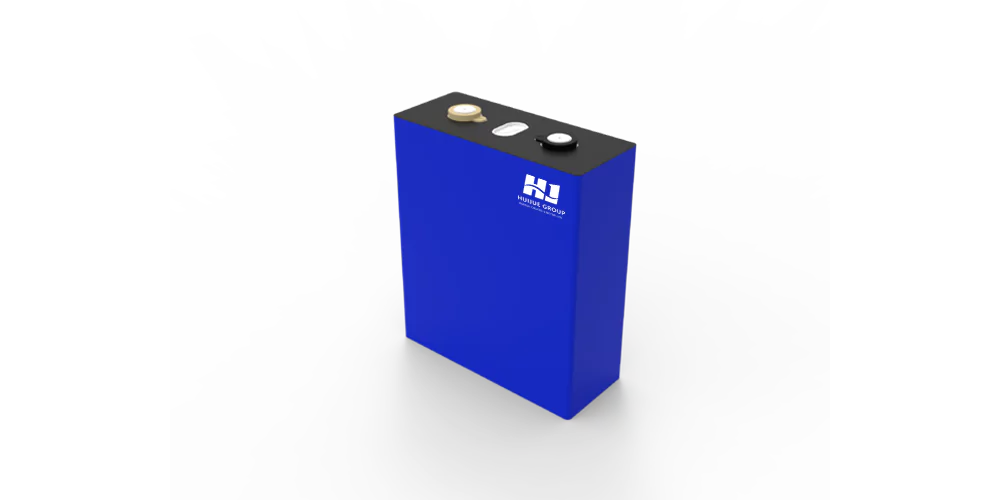
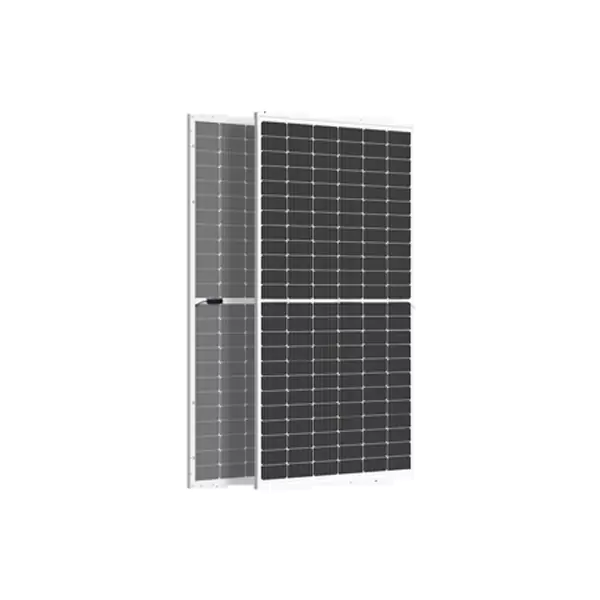
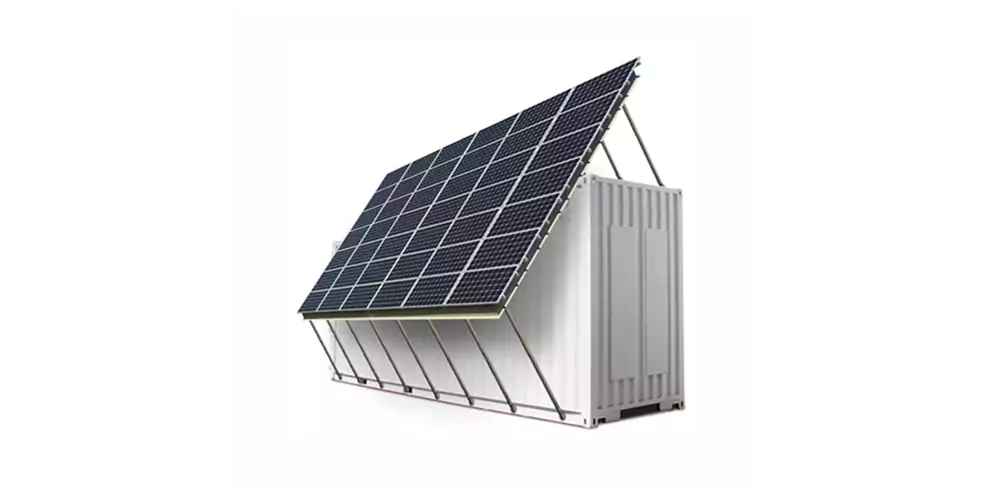


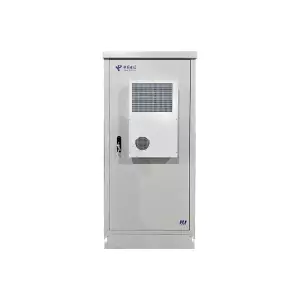
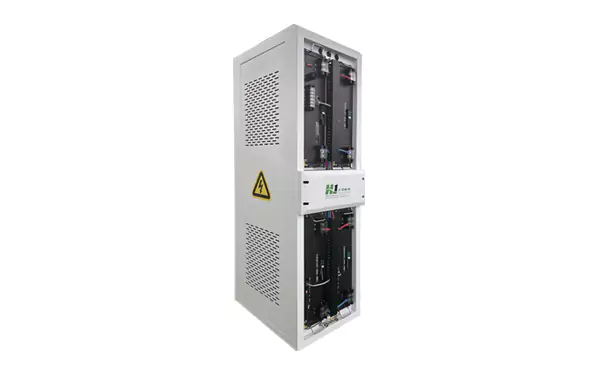

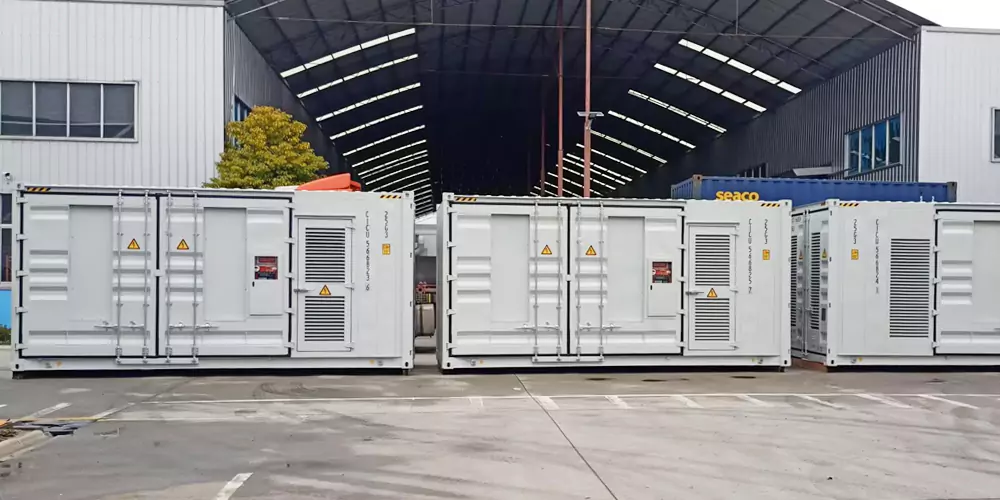
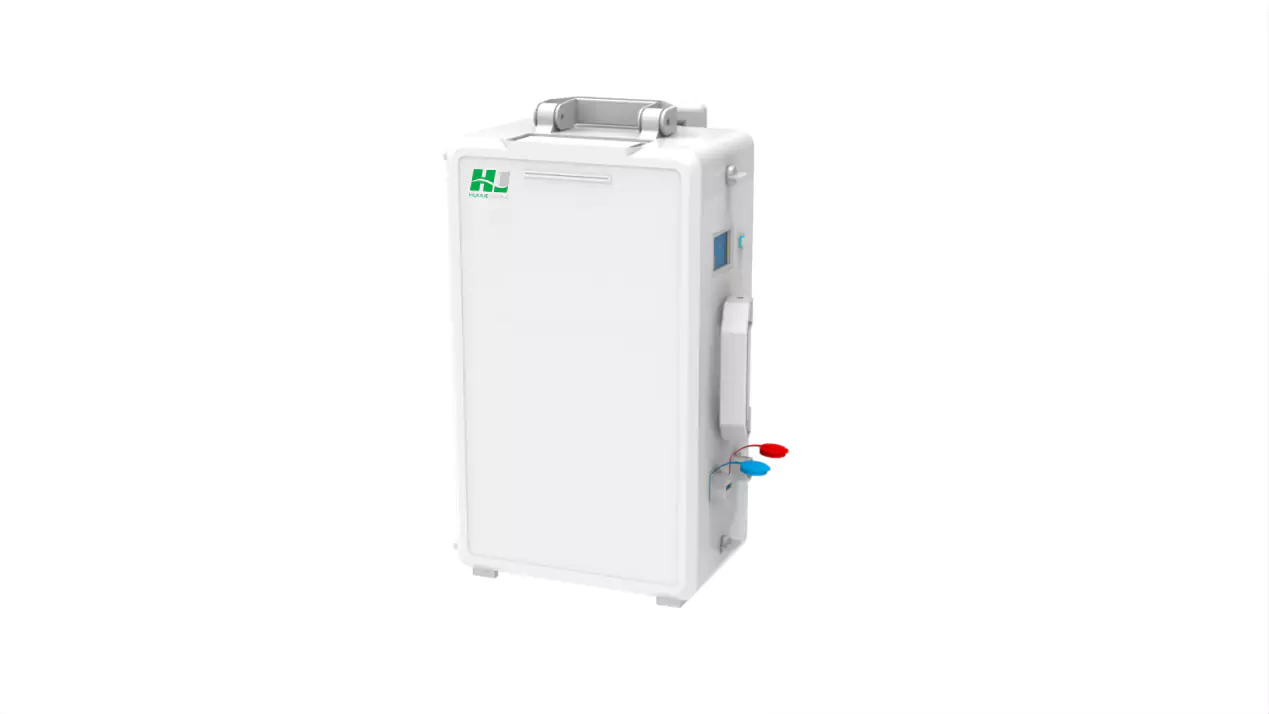
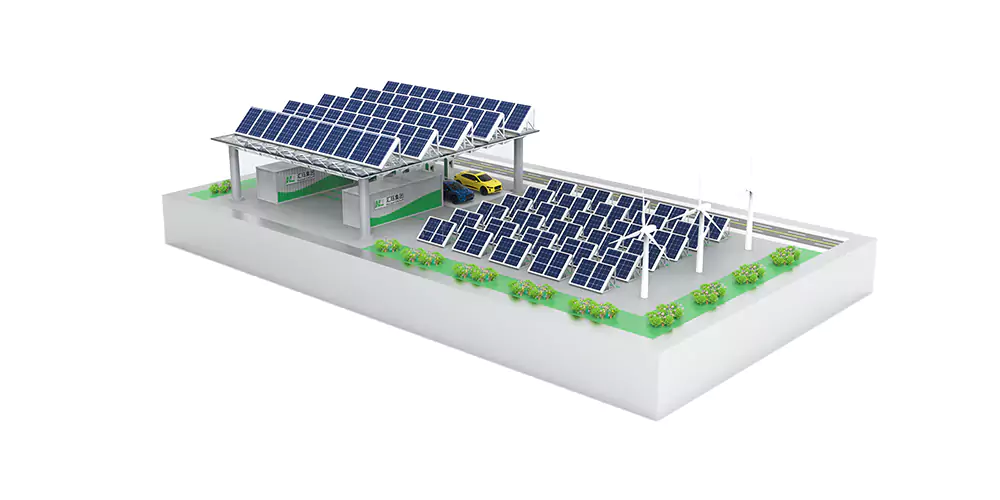

 Inquiry
Inquiry Online Chat
Online Chat